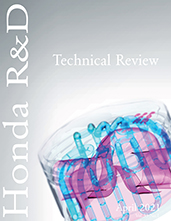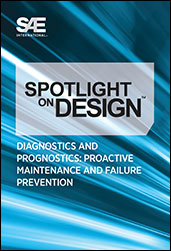Training / Education
Effective Writing for Engineering and Technical Professionals
The ability to write concise and unambiguous reports, proposals, manuals, or other technical documents is a key skill for any high-functioning engineer or technical staff person in the mobility industries. Through a combination of class discussions, interactive workshop activities, assignments, checker teams (review teams) and job aids, this course delivers real-life technical writing techniques and tools that can be immediately applied. Participants discover the importance of knowing their audiences and how to communicate technical information in a 'user-friendly' style.







